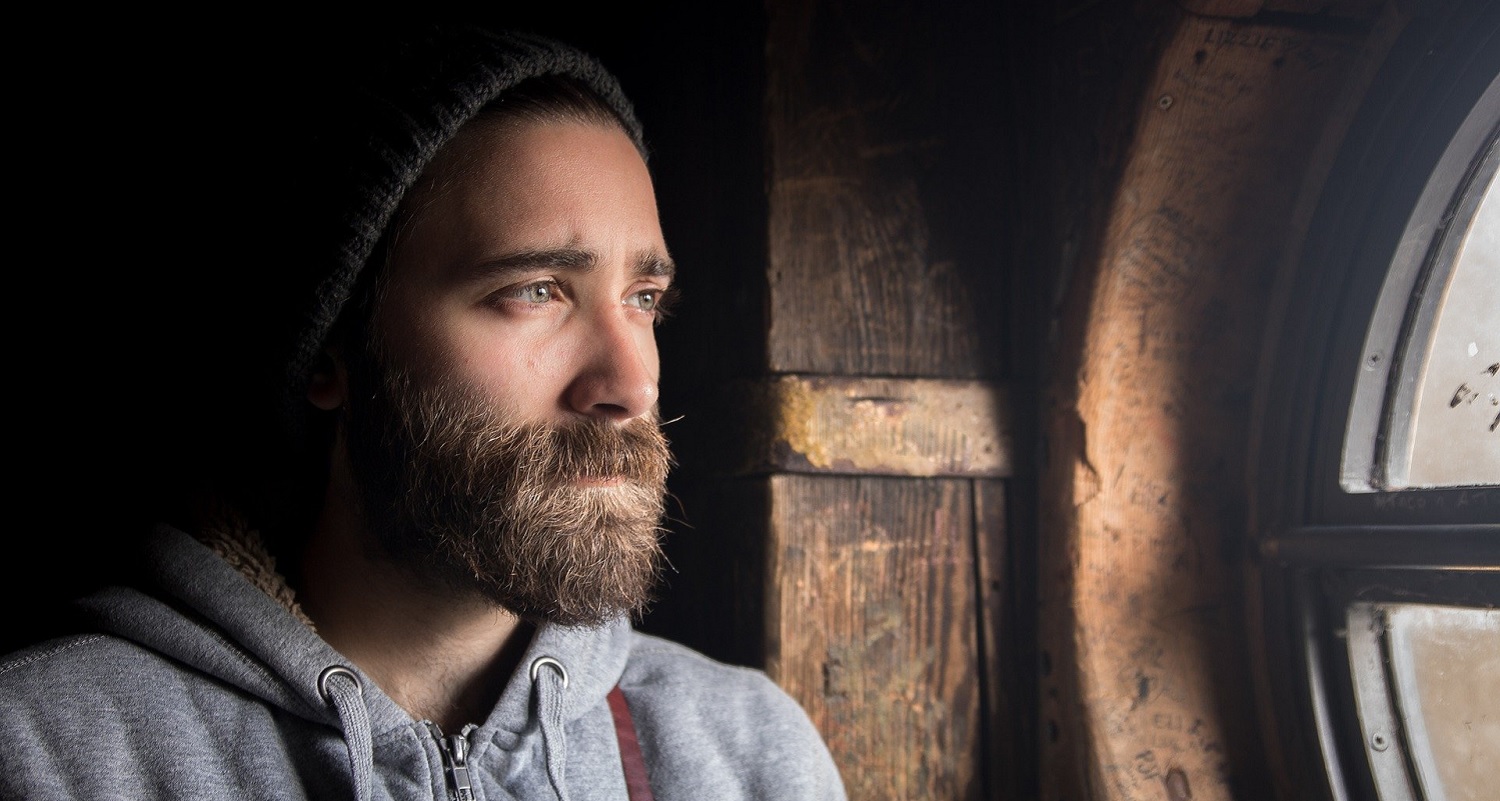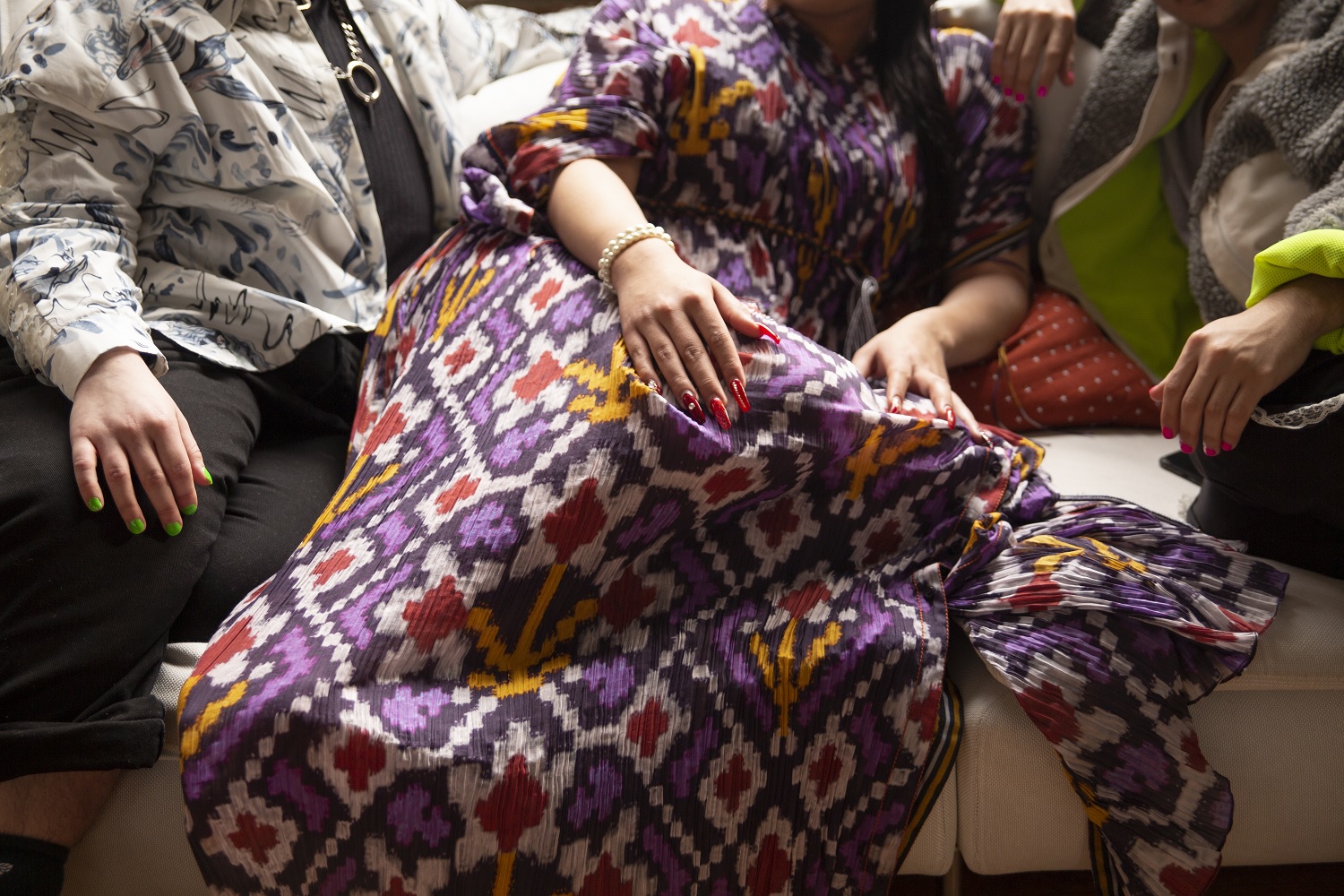LGBTQ refugees slam UK government’s ‘radical’ new asylum laws
"If I was applying [under these proposals] I wouldn't be here talking to you": Attitude speaks to displaced queer people about Priti Patel's Nationality and Borders Bill.

Words: Jamie Tabberer; picture: Pexels (posed by model)
LGBTQ refugees based in the UK are hitting back at the government’s “radical” proposed changes to asylum and resettlement policy – which will make knowingly entering the UK without permission a criminal offense.
The Nationality and Borders Bill – described by the Home Office as one of the “most radical changes to the broken asylum system in decades” and dubbed the ‘anti-refugee bill’ by critics – was introduced in the House of Commons on Tuesday (6 July 2021). It will be debated by the Commons and the Lords before likely becoming law.
The bill’s objectives include deterring illegal entry by raising prison sentences from six months to four years and removing “those with no right to be here” – sparking concerns that LGBTQs from countries where gay sex is illegal (and in 11, punishable by death) will be affected.
Frenk, a gay man displaced from Kosovo and now in London, told Attitude: “If I was applying in 2021 [under these proposals] I would not be here talking to you.”
Meanwhile, a lesbian woman from Nigeria named Nessakem told us she fears she’d have “insufficient evidence” to prove her sexuality under the punishing new system.
“It will create an even more hostile environment for LGBT+ refugees”
Emma Harrison, chief executive of IMIX, a charity that tries to raise awareness of refugees, this week told Attitude: “The government had a golden opportunity to put people who need sanctuary at the heart of immigration policy and sadly they are missing this chance to truly reform the system.
“The Nationality and Borders Bill will create a two-tier system where people fleeing dangerous situations are discriminated against if they don’t have the right papers, even though most have little choice about the route they take when seeking safety.
“It will create an even more hostile environment for LGBT+ refugees who often feel unable to disclose everything about their case immediately, for understandable reasons.
“If you’re concerned about this bill, you can act by calling on your MP to speak out for refugees or taking action here.”

Frenk from Kosovo – now based in London
Frenk (not his real name), who first came to the UK in 2008, tells Attitude he’s “very disappointed” by the proposals, explaining how “claiming asylum is a hard, long and expensive process anyway. But when the government makes it 10 times harder, the chances for you to be protected and successful are very slim. Many asylum speakers don’t speak English when they arrive. Most have been travelling for months through countries and journeys that are impossible to comprehend. It’s a scary experience. The proposals will disqualify you from the start.”
Although gay sex is legal in Kosovo, the country scored 35.45% on the 2021 Rainbow Map and Index, which ranks 49 European countries on their legal and policy practices for LGBTQs. (Malta topped 2021’s list with 94%.)
Opening up about his personal experience, the 20-something added: “When you arrive you don’t know where to go – you barely leave the house because it’s a new country, new culture. Until I got in contact with UK Lesbian & Gay Immigration Group, now Rainbow Migration, I didn’t have a clue how and where to claim asylum.”
He was then “stopped by immigration officers in North London, and spent the day in the police station, where I claimed asylum. I’ve respected every procedure since then and worked and studied, and still, the Home Office refused to give me citizenship because they’re bureaucratic.”
Although he now has permanent residence, he wants citizenship as it’ll “make me feel part of this country, which I do appreciate and I am grateful for giving me the opportunities I’ve had so far.”
“Rainbow Migration saved my life”
Reflecting on the new bill, the now-volunteer for Rainbow Migration said: “If I was applying in 2021 I would not be talking to you. [Under] the timeline the Home Office is applying, it’s impossible for any lawyer, no matter how good, to prepare your case.
“I see so many vulnerable LGBTQAI people coming to our organisation desperate for safety. Under the new policy, they will be most likely sent back to the hands of people who have abused them and threatened their lives.
“Rainbow Migration does a wonderful job pressuring the government to change policy. If you can donate to them, many people in my position will have a fair chance of being represented, a fair chance of being granted asylum, and living their lives as authentically as possible. Rainbow Migration saved my life.”

Nessakem from Nigeria – now based in Cardiff
Nessakem (not her real name) is from Nigeria, where LGBTQs can face 14 years in jail, flogging, or even stoning to death under traditional law.
The 30-something told Attitude: “The UK government’s Nationality and Borders Bill seems unreasonable to me. I call it unreasonable because I see no reason why someone who is running from a homophobic country should be placed in another [homophobic] country, like Rwanda.”
“The idea of putting people in reception centres is inhumane, especially to women, children, trans women and men, queer people,” she added. “It’s more like camping, and you live poorly, but you also suffer persecution, which could lead to people taking their lives.”
Judging by Nessakem’s story, LGBTQs are under-protected by the current system, anyway. “In the first house I was given, I lived with six others and only had one person who spoke to me with respect. The other housemates looked at me with disgust and spoke rudely to me.”
Under the new proposals, her asylum journey “would have been heavily affected, because it means I would be in a country where I would have to hide my identity to protect myself. I would be placed with people that do not have the same ideas as me.”
Her advice to those wanting to help LGBTQ asylum seekers? “Do your research. Know your rights. There are various organisations that are helpful with asylum processes that you can support. There’s Citizens Advice, Rainbow Migration, African Rainbow Family, and so on.”
Nessakem’s story at least has a happy ending: after a two-year wait, she finally had her asylum claim granted this week. “I feel liberated because I feared being sent back. Now I can love the woman of my dreams without fear.”
